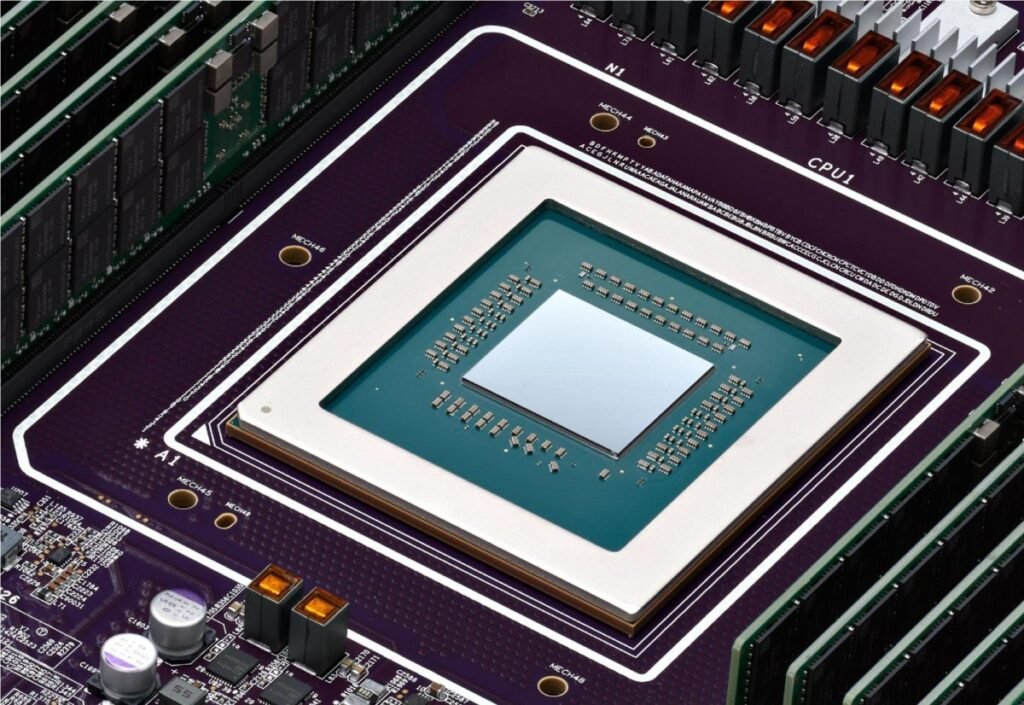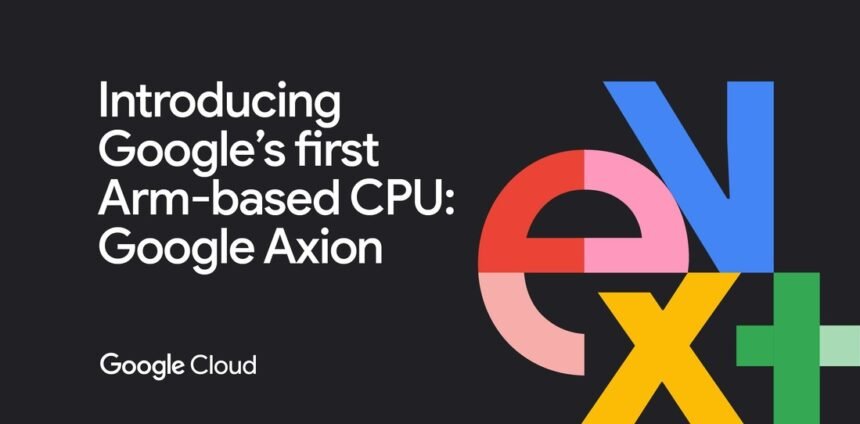Google has just introduced its first-ever Arm-based CPU designed specifically for data centers, in response to Amazon’s use of Arm chips in its data centers.
This new CPU, named “Axion,” utilizes Arm’s latest Neoverse V2 CPU architecture. Google claims that Axion outperforms existing cloud computing instances by 30% and boasts a 50% improvement in performance, along with up to 60% better energy efficiency compared to similar x86-based instances.

Google plans to integrate Axion into a variety of its services including BigTable, Spanner, BigQuery, Blobstore, Pub/Sub, Google Earth Engine, and the YouTube Ads platform. This move makes sense as Axion promises significant performance improvements across various workloads including web and app servers, containerized microservices, open-source databases, in-memory caches, data analytics engines, media processing, and CPU-based AI tasks.
At the core of Axion is the Titanium framework, which Google describes as a combination of purpose-built custom silicon microcontrollers and tiered scale-out offloads. These components handle platform operations like networking and security, giving Axion processors increased capacity and improved performance. This innovative framework paves the way for greater efficiency and scalability in data center environments.









